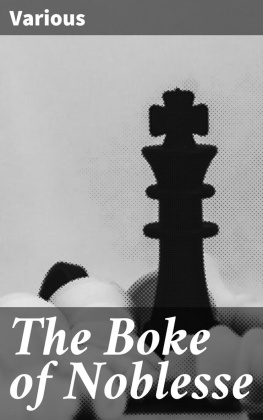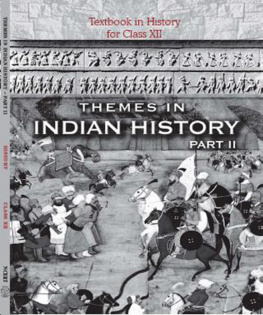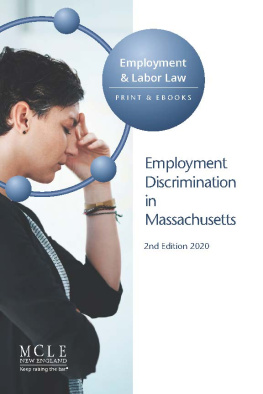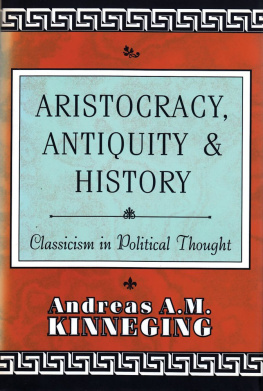INTRODUCTION.
Table of Contents
The Book of Noblesse, which is now for the first time printed, was addressed to King Edward the Fourth for a political purpose, on a great and important occasion. He was in the midst of his second reign, living in high prosperity. He had subdued his domestic enemies. His Lancastrian rivals were no longer in existence, and the potent King-maker had fought his last field. Edward was the father of two sons; and had no immediate reason to dread either of his younger brothers, however unkind and treacherous we now know them to have been. He was the undisputed King of England, and, like his predecessors, the titular King of France. His brother-in-law the duke of Burgundy, who had befriended him in his exile in 1470, was continually urging, for his own ambitious views, that the English should renew their ancient enterprises in France; and Edward, notwithstanding his natural indolence, was at last prepared to carry his arms into that country. The project was popular with all those who were burning for military fame, indignant at the decay of the English name upon the continent, or desirous to improve their fortunes by the acquisitions of conquest. The Book of Noblesse was written to excite and inflame such sentiments and expectations.
Its unknown author was connected with those who had formerly profited by the occupation of the English provinces in France, and particularly with the celebrated sir John Fastolfe, knight of the Garter, whom the writer in several places mentions as "myne autor."
Sir John Fastolfe had survived the losses of his countrymen in France, and died at an advanced age in the year 1460. It seems not at all improbable that the substance of this book was written during his life-time, and that it was merely revised and augmented on the eve of Edward the Fourth's invasion of France. All the historical events which are mentioned in it date at least some five-and-twenty years before that expedition.
The author commences his composition by an acknowledgment, how necessary it is in the beginning of every good work, to implore the grace of God: and then introduces a definition of true nobility or Noblesse, in the words of "Kayus' son," as he designates the younger Pliny.
He next states that his work was suggested by the disgrace which the realm had sustained from the grievous loss of the kingdom of France, the duchies of Normandy, Gascony, and Guienne, and the counties of Maine and Ponthieu; which had been recovered by the French party, headed by Charles the Seventh, in the course of fifteen months, and chiefly during the year 1450. To inspire a just indignation of such a reverse, he recalls all the ancestral glories of the English nation, from their first original in the ancient blood of Troy, and through all the triumphs of the Saxons, Danes, Normans, and Angevyns. Of the Romans in England he says nothing, though in his subsequent pages he draws much from Roman history.
The next chapter sets forth how every man of worship in arms should resemble the lion in disposition, being eager, fierce, and courageous. In illustration of this it may be remarked, that Froissart, when describing the battle of Poictiers, says of the Black Prince, "The Prince of Wales, who was as courageous and cruel as a lion, took great pleasure this day in fighting and chasing his enemies." So our first Richard is still popularly known by his martial epithet of Cur de Lyon: and that the lion was generally considered the fit emblem of knightly valour is testified by its general adoption on the heraldic shields of the highest ranks of feudal chivalry. The royal house of England displayed three lions, and the king of beasts was supposed to be peculiarly symbolic of their race
Your brother Kings and monarchs of the earth
Do all expect that you should rouse yourself
As did the former Lions of your Blood.
Shakspere's Henry V. Act I. scene 1.
In the following chapter the author proceeds to describe "how the French party began first to offend, and break the truce." This truce had been concluded at Tours on the 28th of May 1444. The French are stated to have transgressed it first by capturing certain English merchant-men on the sea; and next by taking as prisoners various persons who bore allegiance to the English king. Of such are enumerated sir Giles son of the duke of Bretagne[1]; sir Simon Morhier, the provost of Paris, taken at Dieppe[2]; one Mansel an esquire, taken on the road between Rouen and Dieppe, in January 14489[3]; and the lord Fauconberg, taken at Pont de l'Arche on the 15th May 1449.[4] The writer is careful to state that these acts of aggression on the part of the French, or some of them, were committed "before the taking of Fugiers," for it was by that action that the English party had really brought themselves into difficulty.[5]












